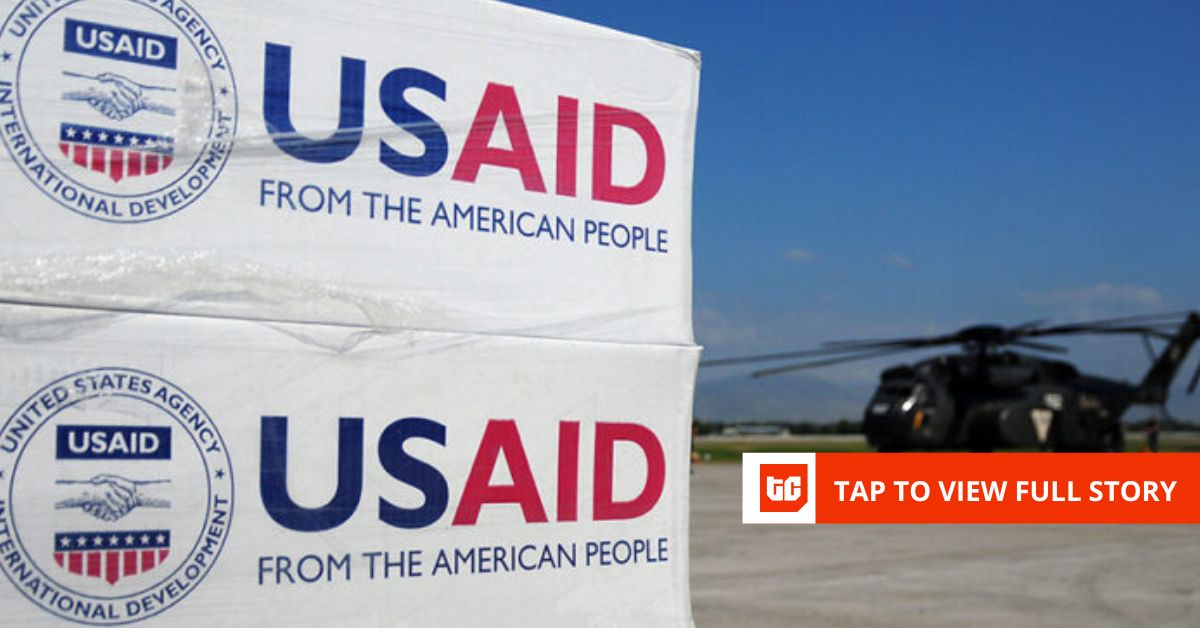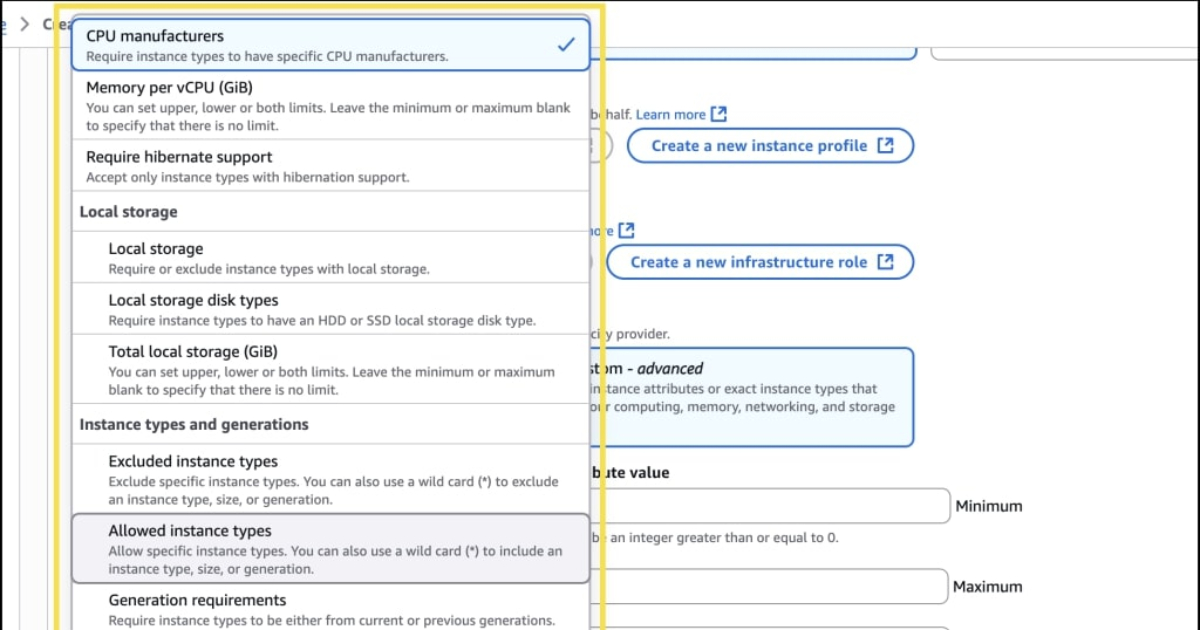Following funding cuts to USAID by President Donald Trump and Elon Musk’s Department of Government Efficiency, Kenya can no longer access its health data systems – a stark realisation of the digital dependency crisis experts have warned about for years. When critical national infrastructure is hosted on foreign servers, this vulnerability is inevitable.
The Kenya Health Information System (KHIS2), Kenya Master Health Facility List (KMFL), KenyaEMR, and other platforms central to disease surveillance, vaccine tracking, and patient records became inaccessible not due to technical failure, but due to foreign policy decisions made thousands of miles away in Washington, D.C.
This isn’t just about healthcare. When your ability to track malaria outbreaks, manage HIV treatment programs, or coordinate rural clinic operations depends entirely on the goodwill of foreign governments, you’ve ceded fundamental sovereignty over your citizens’ well-being.
Digital infrastructure is national infrastructure
Critical data infrastructure demands the same strategic thinking as electrical grids, water systems, or telecommunications networks. Kenya’s situation demonstrates that digital dependency can be weaponised as quickly as traditional economic or military pressure. The $2.5 billion USAID commitment to Kenya seemed like generous support but created a single point of failure that could be – and was – switched off overnight.
The impact reverberates across all levels: potential disruption to essential services, uncertainty about data access for businesses, and loss of informed decision-making capacity for policymakers during public health crises.
Health officials cannot now track HIV/AIDS or malaria outbreaks because of a foreign country’s domestic political decisions. When disease surveillance systems go dark due to geopolitical tensions, data location becomes a matter of national security. African nations must immediately audit their data pipelines and identify critical dependencies that could be severed without warning. Nigeria’s NITDA is already developing national cloud infrastructure with data localisation requirements – the proactive approach other African nations must urgently adopt.
The technical reality: Complex but not impossible
Addressing these vulnerabilities extends far beyond political rhetoric. Moving systems like KHIS2 isn’t simply copying files – it requires rebuilding entire ecosystems, including data integration protocols, user training programs, and system interoperability standards, while maintaining service continuity.
But if not now, then when? As AI accelerates across sectors, the stakes only get higher while African nations become increasingly dependent on foreign goodwill for access to their own data and decision-making capabilities. Kenya faces migrating years of critical health data while ensuring rural clinics don’t lose patient record access. The Ministry of Health estimates a $403.8 million funding gap. But waiting until dependencies deepen further will only make the eventual reckoning more costly and difficult.
The question isn’t whether this transition is challenging; it’s whether we’ll address vulnerabilities proactively or wait until the next geopolitical shift forces our hand under less favourable circumstances.
Crisis as a catalyst: The innovation opportunity
Within this crisis lies an unprecedented opportunity. Kenya’s forced transition opens doors for local tech companies to build indigenous solutions tailored to African contexts. This creates space for homegrown startups to develop health information systems that understand local workflows, operate in local languages, and meet African regulatory requirements – something foreign-built systems often struggle to achieve.
However, these solutions must be truly local – not just in branding, but in architecture, governance, and control. Digital infrastructure must be locally owned, governed, and operated without hidden bottlenecks that replicate the dependencies we seek to escape. This doesn’t mean rejecting global partnerships but building relationships based on cooperation rather than dependency.
ICT ministers frequently discuss accelerating local tech leadership. Now is the moment to translate rhetoric into action through targeted innovation challenges that identify and support the continent’s best technical minds.
Regional partnerships between African nations could fundamentally transform the economics of data sovereignty. By sharing costs and expertise, African countries can create a continental data infrastructure serving African interests first.
The recently signed Africa Declaration on Artificial Intelligence provides the roadmap. With 50+ African nations committing to ‘distributed sovereign compute infrastructure’ and an ‘Africa-first approach to AI procurement’, the political will for digital sovereignty already exists. The $60 billion Africa AI Fund shows the investment scale needed for truly independent digital infrastructure. Kenya’s crisis should catalyse the implementation of these commitments, turning the Declaration’s vision of regional data centres and cross-border AI collaboration from aspiration into urgent necessity.
Beyond healthcare: A continental reckoning
Kenya’s health data crisis is merely the opening chapter. Every African nation must immediately audit digital dependencies across all critical sectors and develop comprehensive data sovereignty roadmaps that systematically transition critical systems to local or regional control.
This is a bellwether moment that should mark how African leaders think about digital infrastructure. The question isn’t whether foreign technology partnerships have value – they do. The question is whether Africa will maintain strategic control over its digital destinies or continue accepting the vulnerabilities of digital dependency.
The choice is ours. The time is now.
_________
Kojo Apeagyei is an award-winning AI Consultant and Policy Analyst facilitating AI innovation across Africa through Qhala, and driving responsible AI adoption in the UK energy industry. His work spans government advisory, business consulting, and research. Kojo earned an MSc in Data and Society from the London School of Economics.
Dr. Fred Mutisya is a practising medical doctor and an award-winning AI developer, currently undertaking a master’s in data science at the University of East London, and in Field Epidemiology, sponsored by the CDC. He is the Health Tech Lead at Qhala, leading work around Health AI sandboxes and AI models.
Mark your calendars! Moonshot by is back in Lagos on October 15–16! Join Africa’s top founders, creatives & tech leaders for 2 days of keynotes, mixers & future-forward ideas. Early bird tickets now 20% off—don’t snooze! moonshot..com











